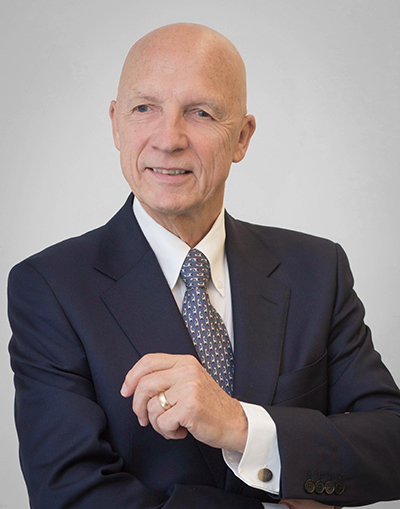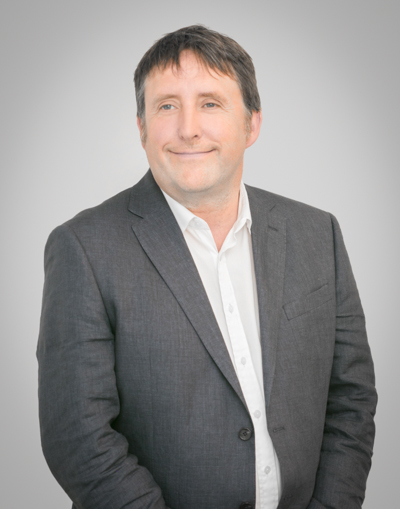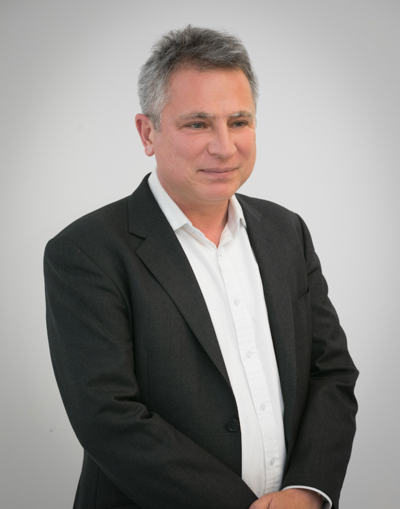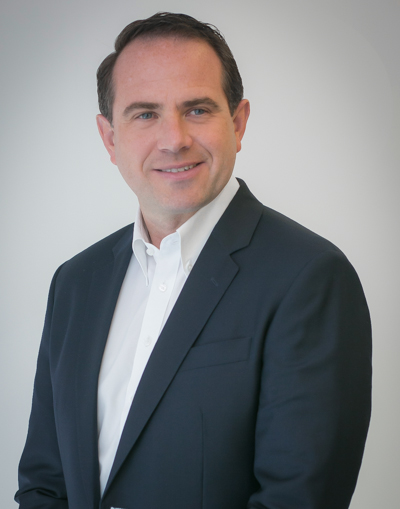How To Put Money In Storage Bdo
Gresham House Energy Storage Fund plc Gresham House Energy Storage Fund plc
Gresham House Energy Storage Fund plc (GRID) invests in a portfolio of utility-scale operational battery energy storage systems (BESS) in Great Britain.

Key documents
Why invest?
The UK's approach to electricity generation is undergoing fundamental change, shifting from coal and gas-fired power stations towards an energy mix dominated by renewable energy.
A cost-effective solution to the intermittency of renewable energy is energy storage to address supply-demand imbalances on the national grid, in real time.
Investment approach
The fund seeks to provide shareholders with an attractive and sustainable dividend over the long term, alongside the prospect of capital growth.
The investment team has constructed a diversified portfolio of operational utility-scale BESS projects. Each one can generate multiple revenue streams to allow the fund to deliver on its return objectives.
It focuses on four sources of revenue:
- Asset optimisation – the ability to maximise income from the wholesale market and the Balancing Mechanism (through which National Grid balance intra half-hourly supply and demand)

- Firm Frequency Response – the provision of a dynamic (i.e. proportionate) response to small supply-demand imbalances, second by second, based on changes in the GB grid's electrical frequency
- Capacity Market – a UK government mechanism whereby generators (including batteries) are paid a fixed fee for being on call to deliver power when required at times of extreme need (known as 'stress events')
- Grid payments – at times of peak demand National Grid make 'Triad' payments to generators (including batteries) during the three peak half-hours when demand is highest for the year

How to invest
The fund is listed on the Specialist Fund Segment (SFS) of the London Stock Exchange and can be accessed using the ticker GRID.
Due to its SFS listing, some platforms may not list the fund or will require interested investors to self-elect as a professional investor in order to be able to invest.
Potential investors are invited to contact Anthony Crosbie Dawson for more information:
Anthony Crosbie Dawson, Director, Private Clients
+44 (0)1451 843 096
a.crosbiedawson@greshamhouse.com
Board

John Leggate
Non-Executive Chair, Gresham House Energy Storage Fund plc Board
John is a highly-experienced international executi...
John Leggate Non-Executive Chair, Gresham House Energy Storage Fund plc Board John is a highly-experienced international executive in the energy sector and an investor and advisor in renewable energy and digital technology. In his early career, John worked in civil nuclear power generation and held a number of senior roles at BP, focusing on the North Sea and Azerbaijan. Latterly at BP, he held a range of corporate-level executive roles, including Group Chief Information Officer. He was also responsible for group-wide physical and cyber security and led the development of corporate digital transformation investment activity. John is currently a senior advisor to global blue-chip consultants specialising in energy and digitisation, a partner with donedeal (Monaco) – a boutique financial advisory and M&A house – and is on the board of cyber security firm Global Integrity. John also serves on the Enterprise Committee of the Royal Academy of Engineering.

Cathy Pitt
Non-Executive Director, Gresham House Energy Storage Fund plc Board
Cathy is a legal adviser who has specialised in th...
Cathy Pitt Non-Executive Director, Gresham House Energy Storage Fund plc Board Cathy is a legal adviser who has specialised in the investment company sector for over 20 years. Cathy is currently a Partner at CMS, a top global law firm. Prior to this, she worked in the asset management practice of another top global law firm for almost 20 years, 8 of which as a Partner. Cathy's work has encompassed investment fund structuring and fundraising for domestic and international investment funds. Cathy is also a member of the Law Society Company Law Committee and sits on the Regulatory and Governance Committees of LPeC, the industry association for listed private capital funds.

David Stevenson
Non-Executive Director, Gresham House Energy Storage Fund plc Board
David is a financial journalist and commentator fo...
David Stevenson Non-Executive Director, Gresham House Energy Storage Fund plc Board David is a financial journalist and commentator for several leading publications, including The Financial Times, Citywire and MoneyWeek. He is Executive Director of leading alternative finance news and events service altfi.com, which covers major trends in marketplace lending, crowdfunding and working capital provision for SMEs. David is the author of a number of books, including a bestseller on ETFs and their use within portfolios in Europe for the FT. David was a Director at The Rocket Science Group and before that a Senior Producer in business and science for BBC TV. He is also a Non-Executive Director on the SQN Secured Income Investment Trust and the Aurora Investment Trust.

Duncan Neale
Non-Executive Director and Audit Committee Chairman, Gresham House Energy Storage Fund plc Board
Duncan is a Chief Financial Officer and Finance Di...
Duncan Neale Non-Executive Director and Audit Committee Chairman, Gresham House Energy Storage Fund plc Board Duncan is a Chief Financial Officer and Finance Director with over 20 years' public and private commercial experience. He is a Fellow of the Institute of Chartered Accountants and qualified with PwC in London. Duncan was part of the senior management team that turned Corona Energy from a gas trading business into the largest independent supplier of gas to UK businesses and has also served as CFO of an M&A team bidding for thermal power stations. Recently he spent several years as Finance Director of Belltown Power, a renewable energy site operator (hydro, solar and wind) holding a portfolio of 215 MW. He is a Trustee and Treasurer of Cambodian Children's Fund UK.
Investment team

Ben Guest
Managing Director,
New Energy
Ben has been Managing Director and Head of the Gre...
Ben Guest Managing Director, Ben has been Managing Director and Head of the Gresham House New Energy division since November 2017. He is also the Fund Manager of Gresham House Energy Storage Fund plc, with assets under management (AUM) of over £500m, and was, through 2020, also Fund Manager for the British Strategic Investment Fund (BSIF) Strategy which grew AUM to £350m under his leadership. Ben started his fund management career at Lazard Asset Management in 1994 and worked there for nine years. He later founded Hazel Capital in April 2007, serving as Managing Partner and CIO and which became Gresham House New Energy on the acquisition of Hazel Capital's business activities in November 2017. Prior to founding Hazel Capital, he was a co-founder of Cantillon Capital, where he managed a US$1bn equity hedge fund focused on global technology, media and telecom. Ben currently serves as a director of over 50, mostly project, companies. He has 27 years of investment experience and holds a BEng in Mechanical Engineering from Imperial College.
New Energy

Bozkurt Aydinoglu
Investment Director, New Energy
Bozkurt joined Hazel Capital (now Gresham House Ne...
Bozkurt Aydinoglu Investment Director, New Energy Bozkurt joined Hazel Capital (now Gresham House New Energy) in 2008 as a Partner and Portfolio Manager. He co-manages the Gresham House New Energy VCTs and sources and executes new opportunities, covering transaction negotiation, due diligence and contract negotiation. He dedicated the early part of his career to funding and advising companies in the telecommunications and technology industries, whilst in roles at Nomura, Salomon Brothers, Bowman Capital and Deloitte & Touche. In 2002 he co-founded and built New Energy Finance (NEF), which became the leading provider of data, research and analysis to investors in the global cleantech industry. NEF was acquired by Bloomberg in December 2009. He has 25 years' principal investment, advisory and business-building experience in the clean energy, telecommunications and technology industries, and holds an MSc in Electrical Engineering from Imperial College London.

Gareth Owen
Investment Director, New Energy
Gareth has been an Investment Director at Gresham ...
Gareth Owen Investment Director, New Energy Gareth has been an Investment Director at Gresham House since November 2017. He joined the company following the acquisition of Hazel Capital where he was a Partner. Gareth is responsible for executing investments, particularly acquisitions, disposals and limited recourse financings of pre-and-post commissioned renewables projects. Prior to joining Hazel Capital, he worked at Barclays Capital from 2001 to 2009, latterly as a Vice President for Barclays Natural Resource Investments, a c.US$1.5bn captive private equity fund investing in natural resources and renewable energy. Prior to that, he worked in the Structured Capital Markets divisions of Barclays Capital and Deutsche Bank, handling the acquisition and disposal of various asset-based companies. He started his career in infrastructure project finance at NatWest Markets, advising on and financing a number of Private Finance Initiative (PFI) / Public Private Partnership (PPP) projects. Gareth has over 20 years of experience and holds an MBA from Imperial College Business School, an MSc in Engineering Project Management and a BEng in Civil Engineering, both from the University of Manchester.

Rupert Robinson
Managing Director,
Gresham House Asset Management Limited
Rupert Robinson has been the Managing Director of ...
Rupert Robinson Managing Director, Rupert Robinson has been the Managing Director of Gresham House Asset Management Ltd since September 2015. Before joining Gresham House, Rupert was CEO and CIO of Schroders (UK) Private Bank for 11 years and prior to that spent 17 years at Rothschild where he was latterly Head of Private Clients at Rothschild Asset Management. Rupert has a proven track record of delivering significant value to shareholders. He has over 31 years of experience in asset management, private banking and wealth management, focusing on product innovation, investment management, business development, banking and wealth structuring. He is a member of the Group Management and Investment Committees.
Gresham House Asset Management Limited

Charlie von Schmieder
Investment Director, New Energy
Charlie is an Investment Director in the Gresham H...
Charlie von Schmieder Investment Director, New Energy Charlie is an Investment Director in the Gresham House New Energy team. His current role began in February 2021, following a year in the team as a contractor. He is responsible for executing investments in infrastructure projects such as energy storage systems, whether acquired before construction or when already operational. Charlie has extensive experience in the development, funding and asset management of distributed energy infrastructure projects assisting both investment managers and project developers at every stage of bringing their projects to fruition. He has worked on projects in a wide range of technologies including solar PV, hydroelectric power, anaerobic digestion, combined heat and power, thermal heat networks, gas peaking and grid-scale battery storage. He started his career over 20 years ago as a commercial solicitor before transitioning to renewable energy, working with investment management firms for the last nine years. Charlie studied science of materials at Trinity College Dublin and has an MBA from INSEAD, France.
Annual General Meeting (AGM)
Held on: 12:00pm on Monday, 21 June 2021
The Notice of AGM can be accessed here.
To view the new Articles of Association please click here.
Please click here to watch the replay of the AGM.
Webinar: The evolving dynamics of the broader battery storage market
Held on Monday 21 June at 12:30pm (BST)
John Leggate, GRID's Chair, and Fund Manager, Ben Guest discussed the evolving dynamics of the broader battery storage market, hosted by Non-Executive Director, David Stevenson and followed by an interactive Q&A session.
Please click here to watch the replay.
Want to keep up to date?
Subscribe using the form below to receive regular updates on Gresham House Energy Storage Fund plc.
IMPORTANT INFORMATION:
This website uses cookies to ensure you get the best experience on our website.
We have recently updated our Online Privacy and Cookies Policy (the "Policy") to improve our commitment to protecting your personal information.
Please take a moment to read the updated Policy, which is accessible through the following link: Online Privacy and Cookies Policy
How To Put Money In Storage Bdo
Source: https://greshamhouse.com/real-assets/new-energy-sustainable-infrastructure/gresham-house-energy-storage-fund-plc/
Posted by: bahenaxviver.blogspot.com

0 Response to "How To Put Money In Storage Bdo"
Post a Comment